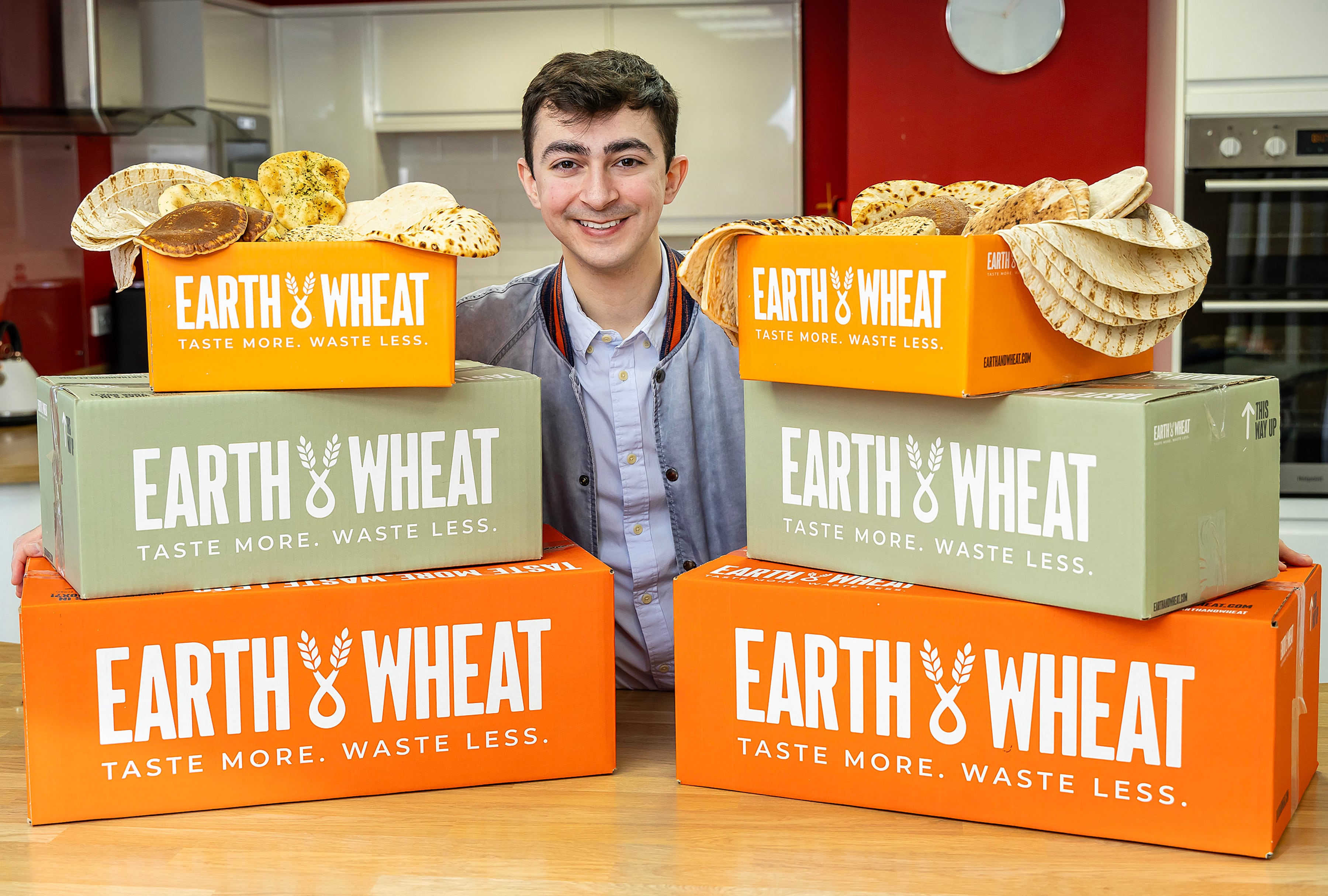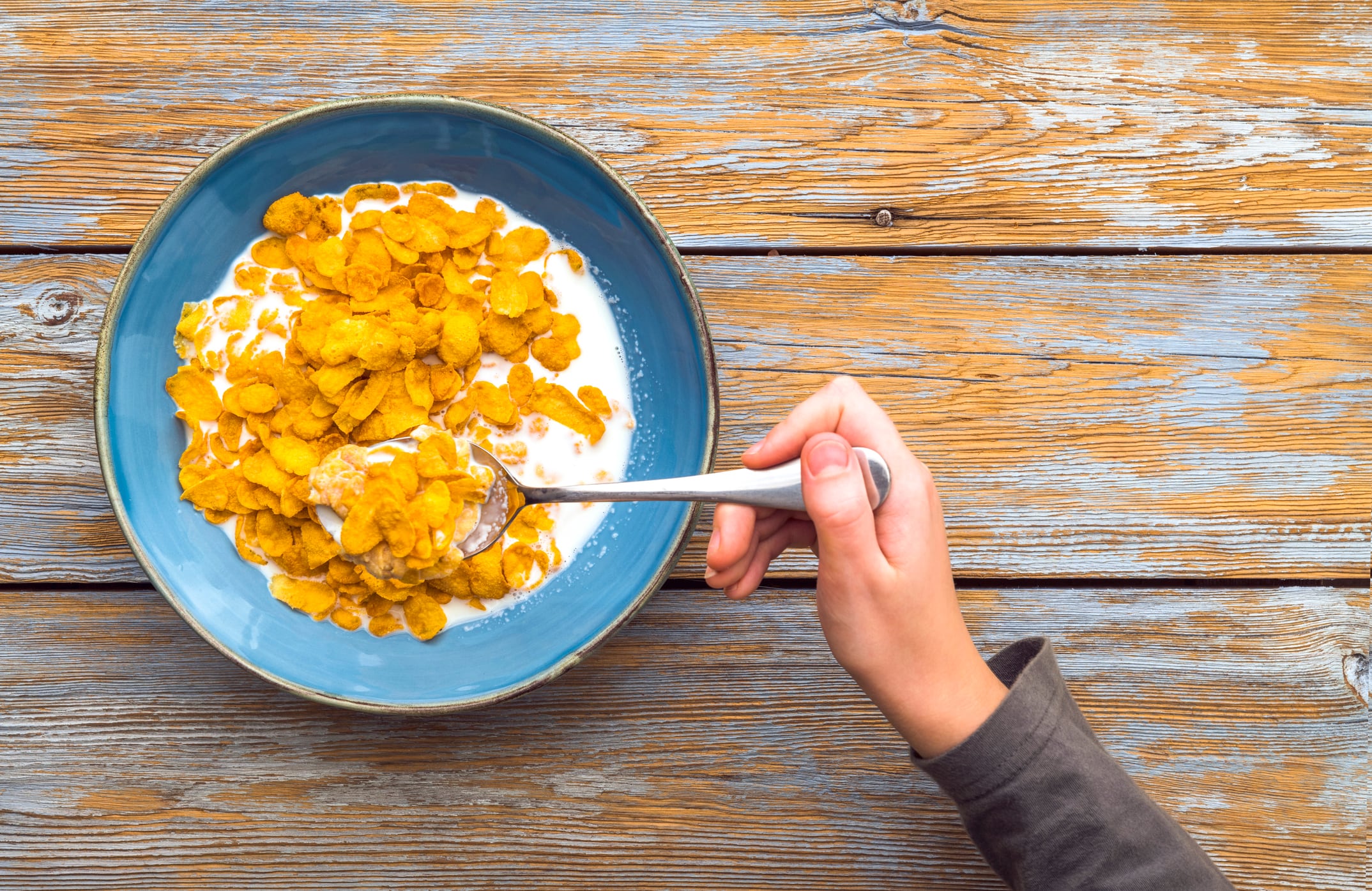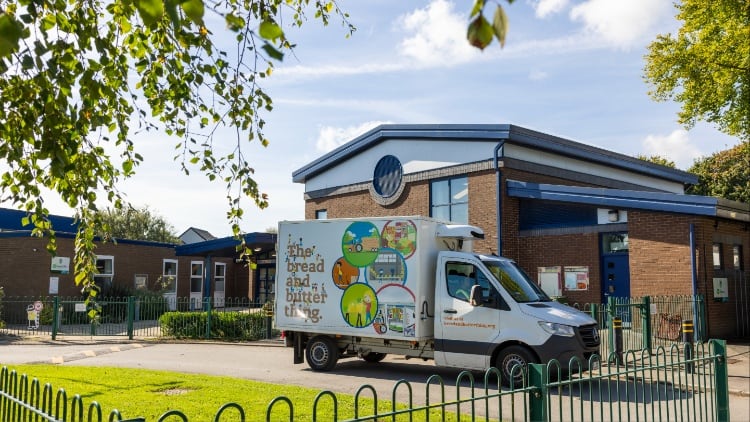Since 2021, the Earth & Wheat has redistributed ‘wonky’ or surplus food to consumers which would have otherwise been binned because of its odd shape or size due to strict retailer standards. So far, we’ve rescued more than 600 tonnes of food from being wasted and donated more than 300,000 meals to food banks and charities in the fight against hunger.
When we set up Earth & Wheat our mission was simple – to reduce food waste and save the planet, but we also - once we became more known – wanted to eventually collaborate with other sustainable businesses and help spread their message too.
It took a good 12 months for our wonky and surplus bread subscription service to get established. We did this by increasing awareness and raising the profile of the brand through PR, digital and social media campaigns, and running influencer marketing programmes.
Once we became more of a household name, we decided to reach out to like-minded brands which has resulted in some fantastic partnerships over the years.
Top tip 1: Define your objective
The first question to ask is what do you want to achieve with your collaboration. Is it about brand exposure, revenue growth, or promoting new products? Once the objectives have been defined it’s about choosing right partner – look for a business that complements you rather than a direct competitors, for example.
Top tip 2: Do your research
Once we had done this, our marketing team started their research - you want to make sure the brand you’re looking to partner with shares similar values, work ethics and goals.
We also looked at their audience to make sure it aligned with ours. An ideal partnership adds value to both brands, and of course, the consumer.
Top tip 3: You scratch our back...
Look to establish mutual benefits. It’s about making sure you and your partner brand gain something from the partnership. Make sure to outline how any resources, costs and benefits would be shared too!
Top tip 4: Establish responsibilities
Once a partnership had been agreed, it is important to define who is responsible for what, a point-of-contact for both brands, and set deadlines and deliverables etc.
Then, if necessary and depending on the type of collaboration it is, create a formal agreement. This may need to outline goals, responsibilities, timelines and financial commitments, or it might be more flexible.
The ultimate partnerships elevate both brands, without compromising on your core values. These arrangements do not have to be financially motivated, there need not be an exchange of funds between the brands.
Value can be found through other avenues, like introducing your brand to new audiences through social media collaboration, free samples in deliveries, or a joint charity initiative, for example.
Over the past few years, we partnered with a number of eco-friendly brands including Human Forest, Pukpip, Bird & Blend, The Seep Company, and The Natural Deodorant Company, and we’ve looked to leverage each other’s strengths – maybe one handles marketing and the other PR for example.
You could also consider promoting the collaboration with co-branded marketing materials, social media campaigns, and giveaways to increase audience engagement.
Top tip 5: Track your partnership
Every collaboration needs tracking, whether it be sales, engagement or leads. With careful monitoring you can analyse the results of your campaigns further down the line and make informed future decisions.
Essentially, strong partnerships can deepen both brands’ position in their niche, and while they don’t (or perhaps shouldn’t) necessarily have a symbiotic relationship, brand partners can rely on each other to spread their respective missions further afield.
Ultimately, that is what we have tried to achieve at Earth & Wheat with our collaborations - from raising awareness about e-bikes to frozen desserts made from wonky bananas, to eco-friendly deodorants. With our partners, we are on shared mission to make the world a more sustainable place to live.




